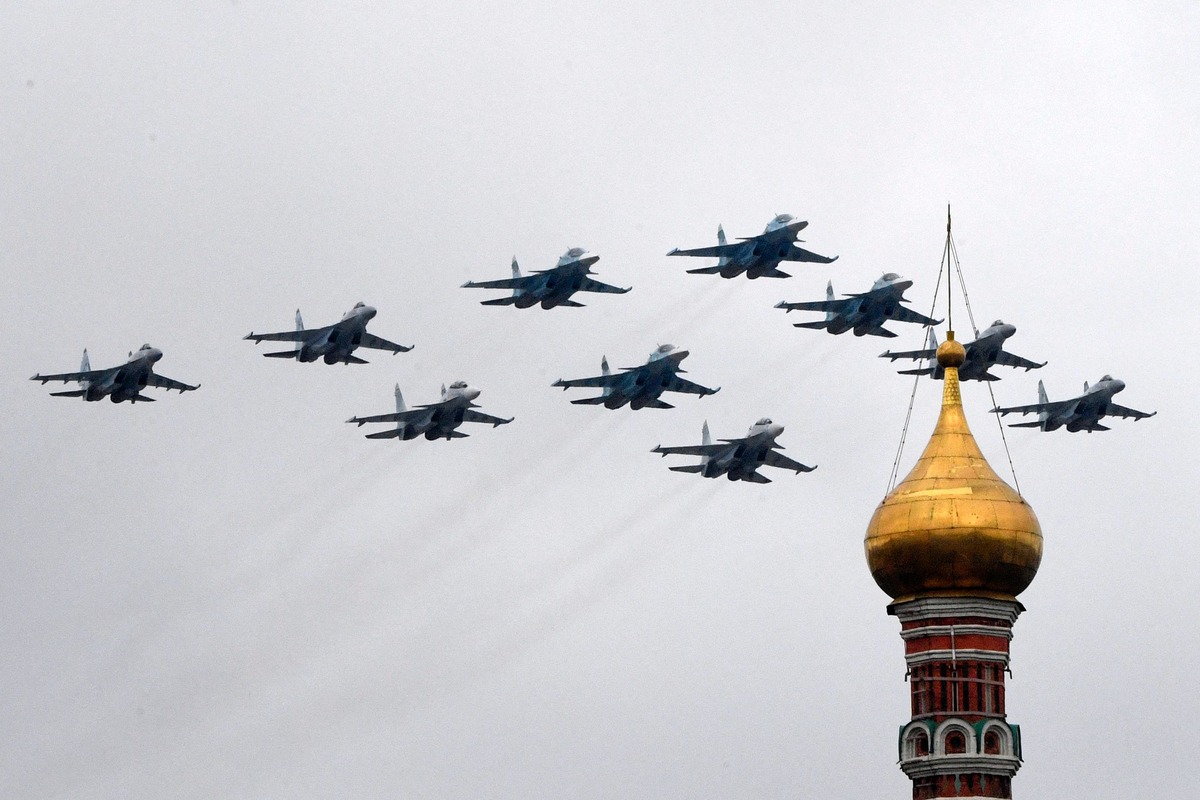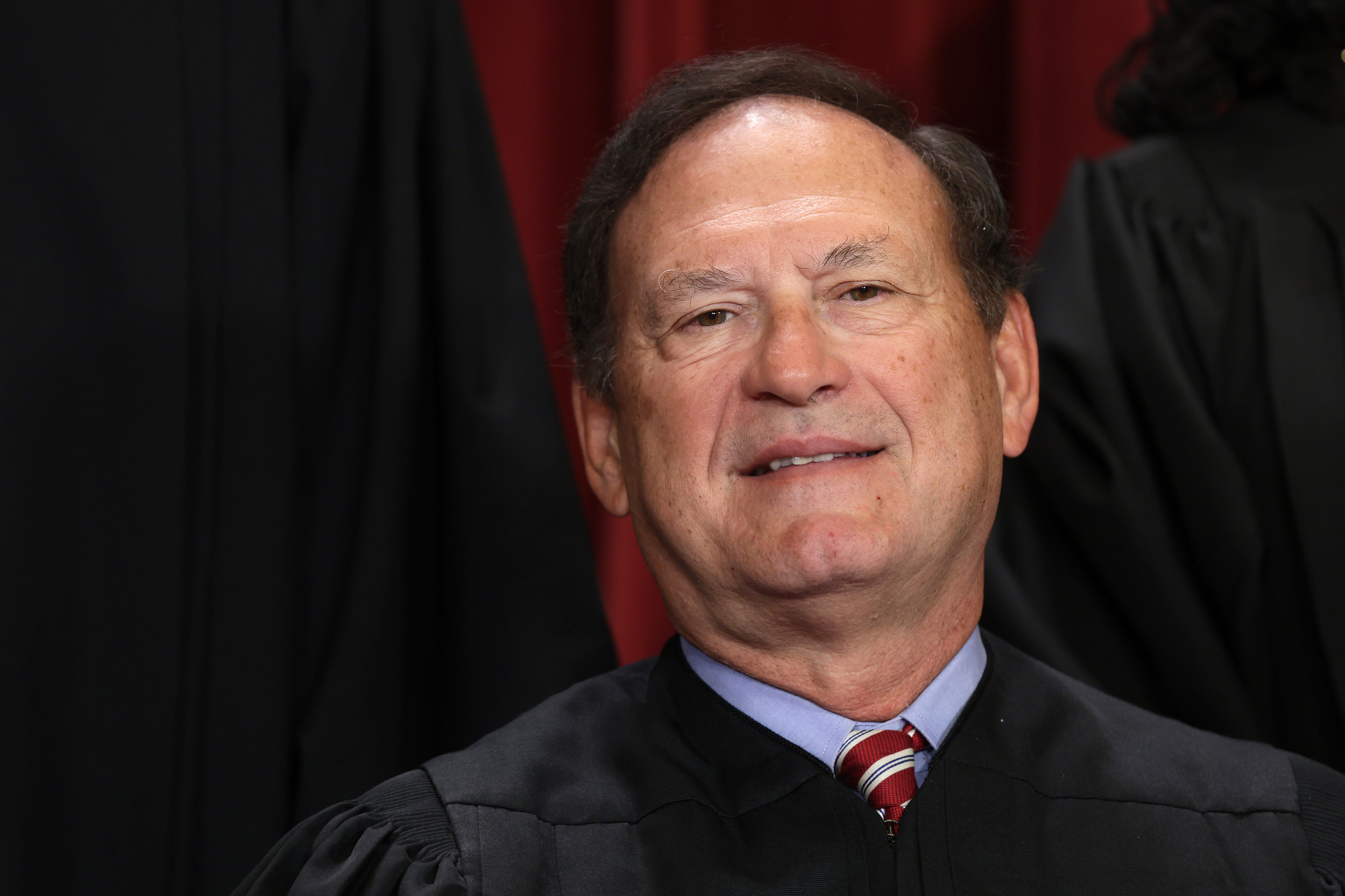
The most important issue at hand in the furor over Gen. Stanley McChrystal's acerbic comments in Rolling Stone is the central one in a democracy: civilian control over the military.
As upset as certain military officers have been with the Obama White House—as much as they like McChrystal's can-do spirit—this was a seriously can't-do moment. No one can quite believe that McChyrstal would be so stupid as to give this interview, which McChrystal himself this morning conceded in a statement was "bad judgment." One retired but informed military source I reached speculates that McChrystal will offer his resignation and President Obama is likely to accept it. I can't independently confirm this, but it sure sounds right to me. The only caveat is that Obama operates on his own timetable, not the media's. He will take his time and make a decision based on what he thinks is best for the overall effort in Afghanistan. He won't sack his commanding general unless he—with Defense Secretary Bob Gates's advice—thinks he is now more a liability than an asset to the war effort, which McChrystal himself described as a "bleeding ulcer."
The reason McChrystal must go is that this isn't his first time in trouble for talking out of school in a way that can fairly be described as insubordinate. Last fall, McChrystal gave a speech in London and afterward was asked if he could support the Biden Plan: fewer troops for Afghanistan, with a stepped-up use of Predator drones. He said "no." In other words, the commanding general in the region was saying that if the president sided with the vice president, he couldn't support the policy. Many in the White House last year viewed this as insubordination.
Obama met McChrystal on Air Force One on the tarmac in Copenhagen to discuss the incident. The president decided that McChrystal had been naive about the media and true blame lay with Adm. Mike Mullen, chairman of the Joint Chiefs of Staff. As I recount in The Promise, Obama pushed back hard. He summoned Mullen to the Oval Office upon returning to Washington and dressed him down for allowing McChrystal to box him in—telling him he wanted that conduct changed "here and now." When I later asked the president if he had been jammed by the Pentagon, he replied, "I neither confirm nor deny that I was jammed by the Pentagon."
This time it's clearly not Mullen's fault, which is why he's not likely to be a McChrystal ally. He is more likely to view Gen. David Rodriguez (or perhaps another senior general) as a suitable replacement. Having been burned once by Stanley McChrystal, the president probably will not allow himself to be burned again. The military code—and American democratic traditions—all but demand that he accept the general's resignation of his command.
Uncommon Knowledge
Newsweek is committed to challenging conventional wisdom and finding connections in the search for common ground.
Newsweek is committed to challenging conventional wisdom and finding connections in the search for common ground.





